Why This Bill Matters
Folks using Alabama’s waterways should have a right to know if the fish they bring home to their families are safe to eat or not.
We do want folks to be able to take the information the state has and make whatever decision is best for them and their families.
Our state agencies do their best to test fish from portions of our state’s waterways each year, but they fall short of effectively reaching out to the public about what contaminants are in the fish they eat from a local waterway.
The Alabama Department of Public Health publishes the advisories each year in a nearly 40 page document on their website.
Can you tell if these fish are under a fish consumption advisory just by looking at them?
What are the current barriers to understanding fish consumption advisories?
Internet Accessibility and Stability
Many communities, boat ramps, and fishing piers throughout rural Alabama do not have reliable internet service.
This is a barrier to accessing any interactive online maps from ADEM and downloading ADEM’s 30+ page document containing the annual fish consumption advisory information
Posting a sign with all the necessary information at a boat ramp would alleviate some of this concern.
Technological Barriers
ADEM’s attempt at public notification of fish consumption advisories requires the use of QR code and internet connection to access this vital public health information
Many people do not know how to use QR codes. This even includes staff members within ADEM who admitted they don’t know how to use a QR code personally.
Research Skills
Many people are simply unaware that fish consumption advisories exist. Their lack of awareness is due to poor public outreach to the people and communities who need this information the most.
The signs within the SHOR Act would meet people where they are, providing fish consumption advisory information on fishing licenses and at all boat ramps throughout Alabama.
Language Barriers
The state-issued fish consumption advisories are only available in English.
Coosa Riverkeeper’s Spanish webpage and toll-free statewide fish consumption advisory hotline is the only place to access the fish consumption advisory information in Spanish.
No matter what language you speak, access to information about contaminated fish tissue should be readily accessible.
Literacy
Nearly a quarter of Alabama’s population is considered to be low literacy.
Posting fish consumption advisory signs with pictures of the actual fish under advisory is the best way to educate and empower this vulnerable population.
Science Literacy
Science Literacy is being able to read, comprehend, and apply science and the terms used to daily life.
Many Alabamians are unfamiliar with the science of bioaccumulation or magnification that are vital to understanding the long-term risks of consuming fish that have high concentrations of neurotoxins, emerging contaminants, and carcinogens.






